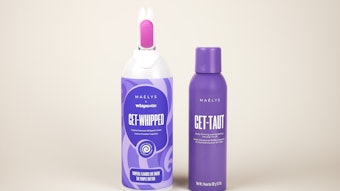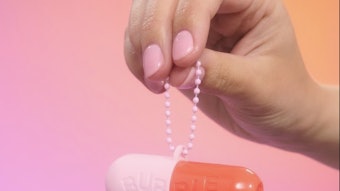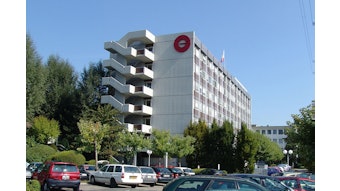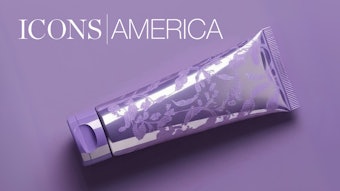Demand for cosmeceutical products is expected to increase 7.4% per annum to $8.2 billion by 2012, driven by an aging populace seeking to maintain the appearance of youth in an image-conscious society, according to The Freedonia Group, Inc.'s new Cosmeceuticals case study. This, coupled with an increasingly competitive work force, a steady stream of new and technologically advanced product introductions and the continuation of astute marketing, will bode well for cosmeceuticals. Limiting further gains will be growing pricing pressures. In addition, cosmeceuticals face intense competition from alternative treatments (e.g., laser resurfacing and various cosmetic surgical procedures).
The chemicals used in cosmeceutical products are extremely important, since these materials provide the competitive edge by which product manufacturers differentiate their products and capture market share. Antioxidants will remain the largest category, with above-average gains promoted by their incorporation in both topical and ingestible formulations. Botanicals and enzymes, as well as hyaluronic acid, amino acids and peptides, are among the active ingredients set for favorable opportunities in a variety of cosmeceutical products.
Injectables and skin care products will register the fastest growth. Growth in the injectables sector boomed with the introduction of Botox (Allergan) in the 1990s when it was used for “off label” wrinkle treatments. Further growth was achieved with the subsequent introduction of hyaluronic acid injectables. Growth in injectables will benefit from the ability of these products to provide quick wrinkle reduction without recovery time. Further propelling gains will be the FDA approval of new injectables, such as calcium hydroxylapatite, that provide long-lasting results.
In addition to achieving above-average growth, skin care products will remain the largest product category, set to account for 63% of all cosmeceutical product demand in 2012. Age-defying products will achieve above average growth, with gains driven by a highly receptive, fast-expanding group of middle-age consumers, as well as a growing number of younger individuals, who want to redress or prevent visible damage to the skin caused by aging, ultraviolet radiation and other environmental stressors.
The full report may be obtained through www.freedoniagroup.com.




![According to the Personal Care Products Council, 'Between 1990 and 2022, the [U.S.] personal care products industry generated a trade surplus every year, reaching $2.6 billion in 2022...'](https://img.gcimagazine.com/mindful/allured/workspaces/default/uploads/2025/08/adobestock-353393403.MryFiCWzOJ.jpg?auto=format%2Ccompress&fit=crop&h=191&q=70&w=340)



!['[W]e can predict better ingredients, faster, with our best-in-class models that we have invested in over several years,' says Joshua Britton, Ph.D., founder and CEO of Debut.](https://img.gcimagazine.com/mindful/allured/workspaces/default/uploads/2025/08/debut-biotechnology.c4slA2p7t3.jpg?auto=format%2Ccompress&fit=crop&h=191&q=70&w=340)

